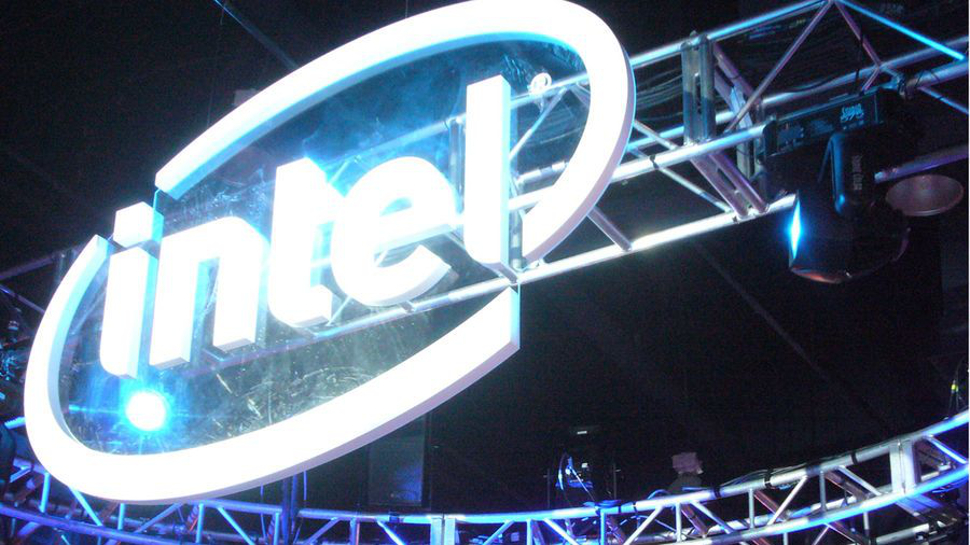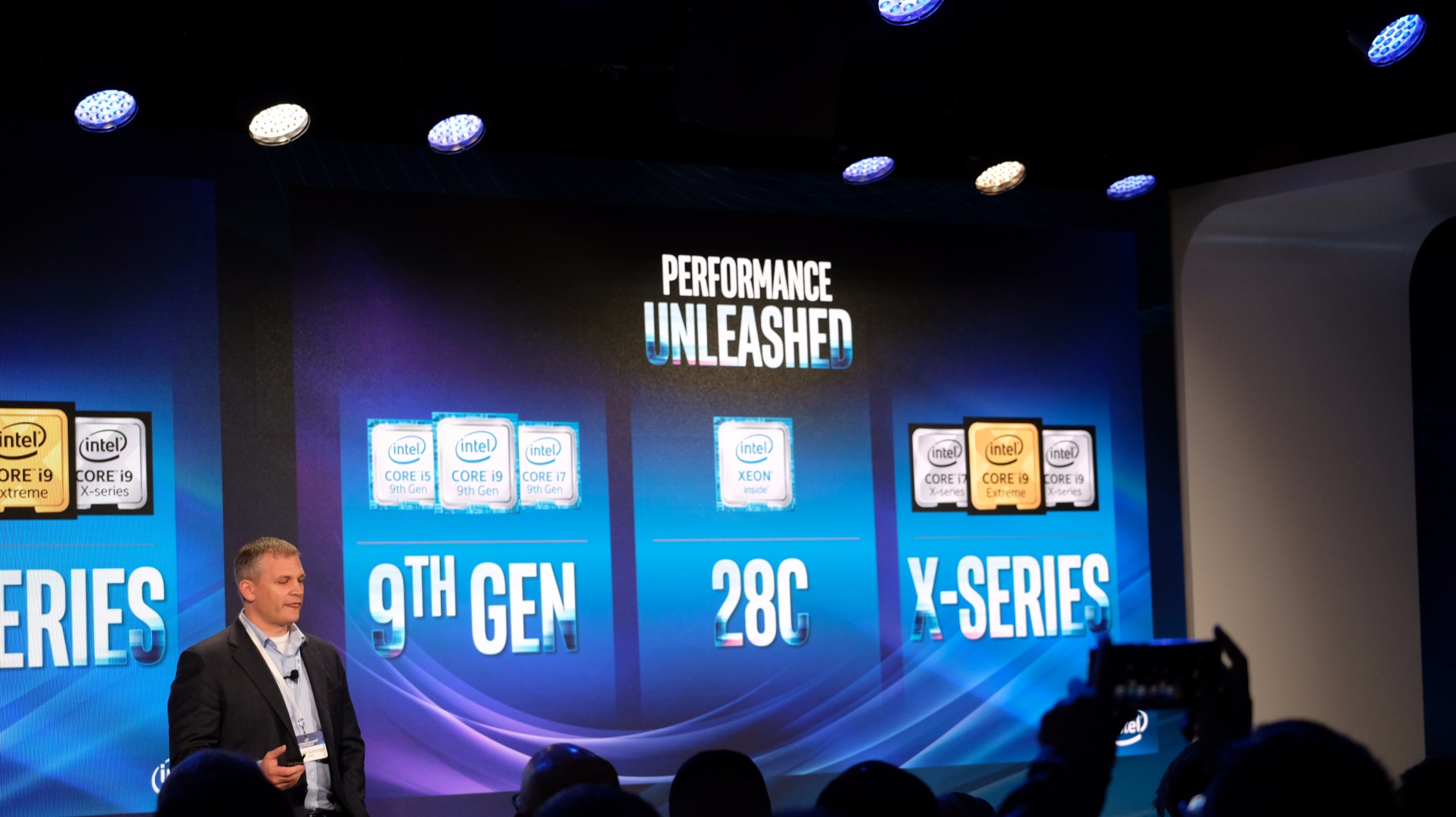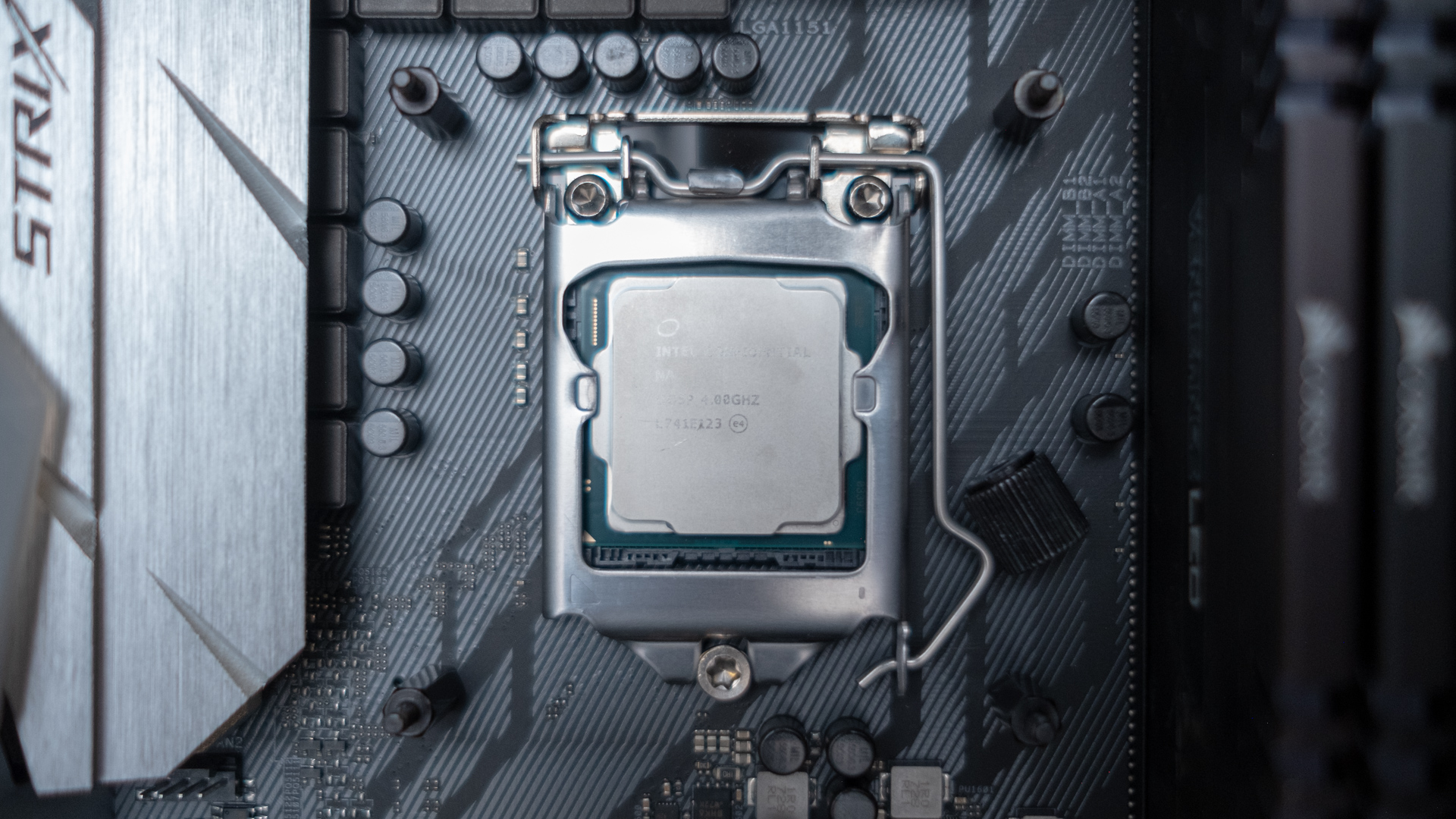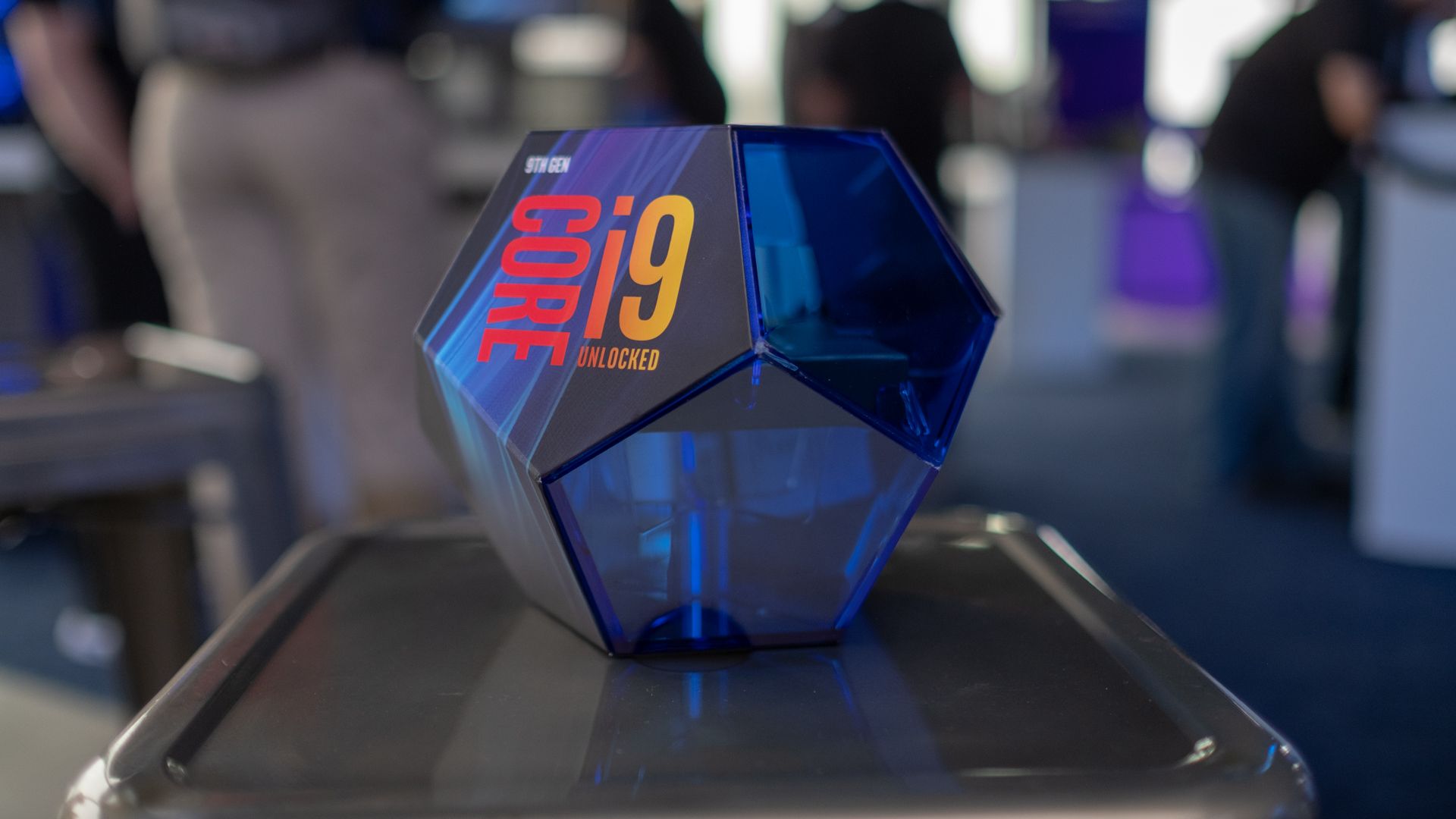Intel Comet Lake release date, news and features
Comet Lake desktop is finally here

Although Intel Comet Lake already made its way into the best Ultrabooks in late 2019 with its mobile processors, this series of 10th-generation processors isn’t done. In 2020, it’s bringing the fight to AMD Ryzen 4000, with its more powerful chips making their way to gaming laptops and workstations.
There are also the Comet Lake-S processors for desktops. Officially launched earlier this year, with the Intel Core i9-10900K and the surprisingly robust for the price i5-10600K leading the charge, these are now powering the latest PCs, with Asus and MSI being the first ones to unveil Intel Comet Lake-S Z490 motherboards.
If that 10th-generation label is a bit confusing, you’re not alone. Keeping track of Intel’s releases is already confusing enough – looking at you, Cannon Lake – and this has really taken things to a new level. That’s because it was designed alongside – and released around the same time as – Intel’s Ice Lake processors for laptops. And, the two make up Intel’s 10th-generation Core lineup.
There is, however, one major difference between the two: the manufacturing process. Ice Lake is the first 10nm processor lineup Intel has put out in the mainstream, as part of Project Athena, while Comet Lake is another iteration of the 14nm Skylake architecture.
There’s a mouthful of information out there about Intel Comet Lake so we thought we’d help you make sense of it all. We’ve broken Intel Comet Lake range down for you, covering everything from rumors and speculations about future additions to the lineup to all the official news from Intel. Keep this page bookmarked, as we'll update it with any new information that comes our way.
Intel Core i9-10900K | 3 stars | Good single-core performance, Good thermal performance | High power consumption, No PCIe 4.0, Falls behind in multi-threaded workloads
Intel Core i5-10600K | 4 stars | Excellent multi-core performance, Improved single-core performance, Affordable | No PCIe 4.0, Higher power consumption
Cut to the chase
- What is it? Intel’s 10th-generation mobile platform
- When is it out? Both mobile and desktop processors are out now
- What will it cost? Depends on the laptop

Intel Comet Lake release date
Intel pushed out its 10th-generation Comet Lake processors for laptops back in August, with the actual laptops filtering out over the following months. On top of those, Intel has announced early April the full lineup of Comet Lake-H processors, which will be the high-performance chips that will be found in gaming laptops this year. That means we will be seeing those chips out in the wild in the next few months.
As for the Comet Lake-S desktop chips, Intel launched them on April 30, and they’re now available for purchase. It won’t be long until we’ll see them inside many PCs soon. In fact, the latest Alienware Aurora, R11, already has the i9-10900KF chip inside.
Sign up for breaking news, reviews, opinion, top tech deals, and more.

Intel Comet Lake price
Now that the Comet Lake processors for laptops are out, the price tag for each chip is also finally available. We’ve listed them out for you below so you can decide whether or not to upgrade. These are Intel’s recommended price for every Comet Lake chip:
- Intel Core i7-10710U – $443 (about £340, AU$635)
- Intel Core i7-10510U – $409 (about £315, AU$585)
- Intel Core i5-10210U – $297 (about £230, AU$425)
- Intel Core i3-10110U – $281 (about £215, AU$405)
With laptop pricing, though, it’s important to keep in mind that these aren’t prices that consumers will ever see. Instead, it’s a suggested price that Intel gives to its distributors, which can charge above or below this price to laptop manufacturers. These prices will generally be worked into the overall price of the laptop, but these numbers can still give a decent idea of which segment of the laptop market each chip falls into.
As far as Intel Comet Lake-S processors, these are Intel’s recommended prices for each:
- Intel Core i9-10900K – $488 (about £395/A$765)
- Intel Core i9-10900KF – $472 (about £380/A$740)
- Intel Core i9-10900 – $439 (about £355/A$690)
- Intel Core i9-10900F – $422 (about £340/A$660)
- Intel Core i7-10700K – $374 (about £302/A$585)
- Intel Core i7-10700KF – $349 (about £280/A$545)
- Intel Core i7-10700 – $323 (about £260/A$505)
- Intel Core i7-10700F – $298 (about £240/A$465)
- Intel Core i5-10600K – $262 (about £215/A$410)
- Intel Core i5-10600KF – $237 (about £190/A$370)
- Intel Core i5-10600 – $213 (about £170/A$335)
- Intel Core i5-10500 – $192 (about £155/A$300)
- Intel Core i5-10400 – $182 (about £150/A$285)
- Intel Core i5-10400F – $157 (about £130/A$245)
- Intel Core i3-10320 – $154 (about £125/A$240)
- Intel Core i3-10300 – $143 (about £115/A$225)
- Intel Core i3-10100 – $122 (about £98/A$190)
These are about on par with Coffee Lake Refresh prices below, with some differences here and there that are pretty negligible.
- Intel Core i9-9900K – $488 (£519, AU$899)
- Intel Core i7-9700K – $374 (£409, AU$659)
- Intel Core i7-9700 – $323 (about £250, AU$450)
- Intel Core i5-9600 – $192 (about £150, AU$260)
- Intel Core i5-9400 – $182 (£194, about AU$250)
- Intel Core i5-9400F – $182 (£188, about AU$250)
- Intel Core i3-9350K – $173 (about £130, AU$240)
- Intel Core i3-9350KF – $173 (£194, about AU$230)
- Intel Core i3-9320 – $154 (about £118, AU$215)
- Intel Core i3-9300 – $143 (about £110, AU$199)
- Intel Core i3-9100 – $122 (about £90, AU$170)
- Intel Core i3-9100F – $122 (about £90, AU$170)

Intel Comet Lake specs
Comet Lake is yet another iteration of Intel’s 14nm manufacturing process. This means that there isn’t much improvement in the way of power efficiency, and thermals will probably start to ramp up. We haven't got a chance to test each of these processors yet, but we expect the difference over 8th-generation Whiskey Lake chips to be pretty minor – aside from the Intel Core i7-10710U, of course, which boasts is a 6-core (12-thread) processor with a boost of up to 4.7GHz.
We've got all the specs of the Intel Comet Lake Mobile chips here:
- Intel Core i7-10710U – 6-cores, 12-threads | 12MB Cache | 1.1GHz base / 4.7GHz boost
- Intel Core i7-10510U – 4-cores, 8-threads | 8MB Cache | 1.8GHz base / 4.9GHz boost
- Intel Core i5-10210U – 4-cores, 8-threads | 6MB Cache | 1.6GHz base / 4.2GHz boost
- Intel Core i3-10110U – 2-cores, 4-threads | 4MB Cache | 2.1GHz base / 4.1GHz boost
These may look very similar to Whiskey Lake, but with some higher clock speeds. The biggest differences here, though, are the inclusion of Wi-Fi 6 compatibility and Thunderbolt 3 on the die.
As far as Comet Lake-S desktop processors go, there’s a noticeable increase in cores, threads and turbo speeds that’s reflected across the new Comet Lake-S lineup. What's perhaps most notable is the Core i7-10700K, which still has that massive 125W TDP, but offers 8 cores and 16 threads with a 5.1GHz turbo. That’s a higher spec than the 9900K
Here are the Comet Lake-S processors specs, with a noticeable increase in TDP across the board – even the Intel Core i5-10600K has a 125W TDP – which means increased heat:
- Core i9-10900K: 10 Cores, 20 threads | 3.7GHz base, 5.3GHz boost | 125W TDP
- Core i9-10900: 10 cores, 20 threads | 2.8GHz base, 5.1GHz boost | 65W TDP
- Core i7-10700K: 8 cores, 16 threads | 3.8GHz base, 5.1GHz boost | 125W TDP
- Core i7-10700: 8 cores, 16 threads | 2.9GHz base, 4.8GHz boost | 65W TDP
- Core i5-10600K: 6 cores, 12 threads | 4.1GHz base, 4.8GHz boost | 125W TDP
- Core i5-10600: 6 cores, 12 threads | 3.3GHz base, 4.8GHz boost | 65W TDP
- Core i5-10500: 6 cores, 12 threads | 3.1GHz base, 4.5GHz boost | 65W TDP
- Core i5-10400: 6 cores, 12 threads | 2.9GHz base, 4.3GHz boost | 65W TDP
- Core i3-10320: 4 cores, 8 threads | 3.8GHz base, 4.6GHz boost | 65W TDP
- Core i3-10300: 4 cores, 8 threads | 3.7GHz base, 4.4GHz boost | 65W TDP
- Core i3-10100: 4 cores, 8 threads | 3.6GHz base, 4.3GHz boost | 65W TDP
We’ve had a chance to test both the Intel Core i9-10900K and the Intel Core i5-10600K. A benchmark leak hinted that the Intel Core i9-10900K will deliver an almost 30% leap in performance. Unfortunately, while it does come with two extra cores over 2018's Core i9-9900K, along with boost clocks that reach 5.3GHz across one or two cores, it actually loses ground to the 9900K in terms of raw gaming performance.
It’s the Intel Core i5-10600K that actually proved to be an impressive contender, especially next to AMD’s affordable offerings. It delivers excellent multi-core performance and an improved single-core performance, making it a great value for mid-range consumers, especially those looking to do more than just gaming.
Not that this came as a surprise. We’ve already gotten a preview of how these might compare to AMD Ryzen 3000, which shows that Intel will have to offer some competitive prices for its Comet Lake-S chips to keep up with AMD. Leaked benchmarks for the i7-10700K, i5-10600K and i5-10600KF show off their single-core performance, unsurprisingly outmatching their respective AMD rivals.
Images Credit: TechRadar
- Check out the best processors
- Complete your gaming rig with the best gaming monitors.
- Complete your gaming rig with the best gaming monitors.

Jacqueline Thomas (Twitter) is TechRadar's former computing editor and components queen. She is fat, queer, and extremely online, and is currently the Hardware and Buying Guides Editor for IGN.